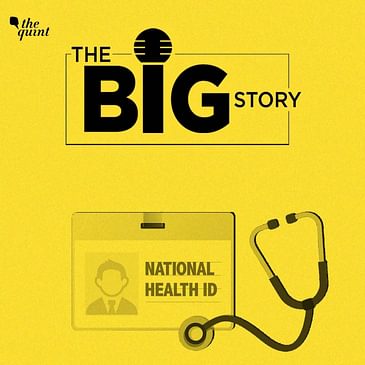The age old debate on data privacy has been stirred again with Prime Minister Narendra Modi launching the Ayushman Bharat Digital Mission on 28 September.
Under this, every Indian citizen will be provided with a health ID, which will record every health related activity of a person, be it a visit to your local pharmacy or to the hospital for a consultation.
At present, the health ID project has been rolled out in a pilot phase to all six Union territories and according to official figures, more than 1 lakh health IDs have been created. The Center has clarified that, at the moment, it is voluntary to get a health ID.
But the project, even when it was introduced last year in 2020, faced flak from health, technology and privacy experts since it abysmally failed to address some key data privacy norms in the realms of consent, security and privacy, the latter being the most pertinent given the fact that India does not yet have a data protection bill.
And another crucial point raised on the issue is whether India actually requires a digital health ID system at this point, given the gaps in primary and tertiary health care across India and the digital divide between urban and rural India.
So, why is Centre adamant on pushing this plan when the issue of personal privacy and the gaps in the country's public health infrastructure still persist?
To understand this better, we spoke with Srinivas Kodali, an independent researcher at the Free Software Movement of India. Tune in!
Host and Producer: Himmat Shaligram Guest: Srinivas Kodali, an independent researcher at the Free Software Movement of India
Editor: Shelly Walia
Music: Big Bang Fuzz
Listen to The Big Story podcast on:
Apple: https://apple.co/2AYdLIl Saavn: http://bit.ly/2oix78C Google Podcasts: http://bit.ly/2ntMV7S Spotify: https://spoti.fi/2IyLAUQ Deezer: http://bit.ly/2Vrf5Ng Castbox: http://bit.ly/2VqZ9ur


